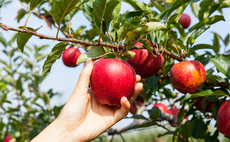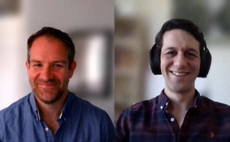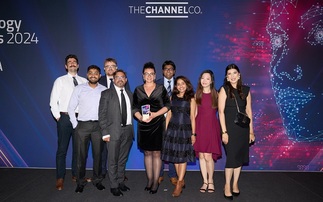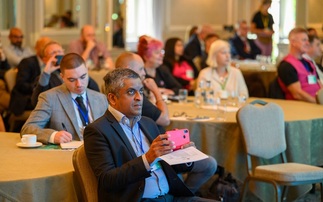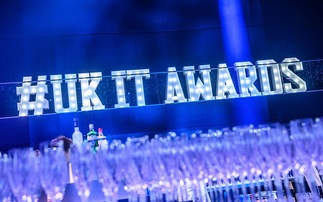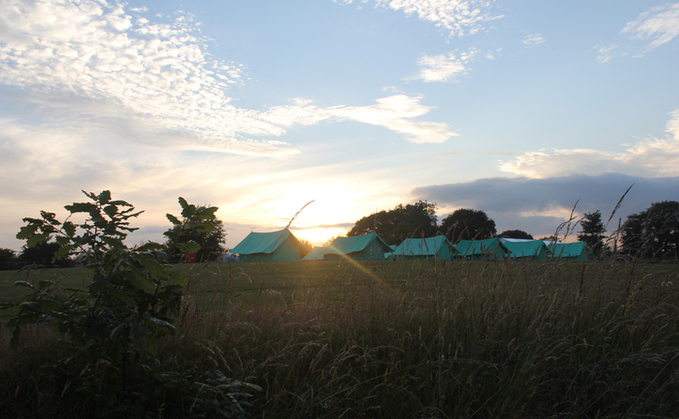
Asked to think about The Scouts and most of us will call to mind images of bivouacs, woggles and campfires. Tech doesn’t really get a look in.
But in a world that is very much digital, Scouting has to move with the times. "We're about skills for life, so we need to be teaching young people stuff which fits into the world that they will...
To continue reading this article...
Join Computing
- Unlimited access to real-time news, analysis and opinion from the technology industry
- Receive important and breaking news in our daily newsletter
- Be the first to hear about our events and awards programmes
- Join live member only interviews with IT leaders at the ‘IT Lounge’; your chance to ask your burning tech questions and have them answered
- Access to the Computing Delta hub providing market intelligence and research
- Receive our members-only newsletter with exclusive opinion pieces from senior IT Leaders










